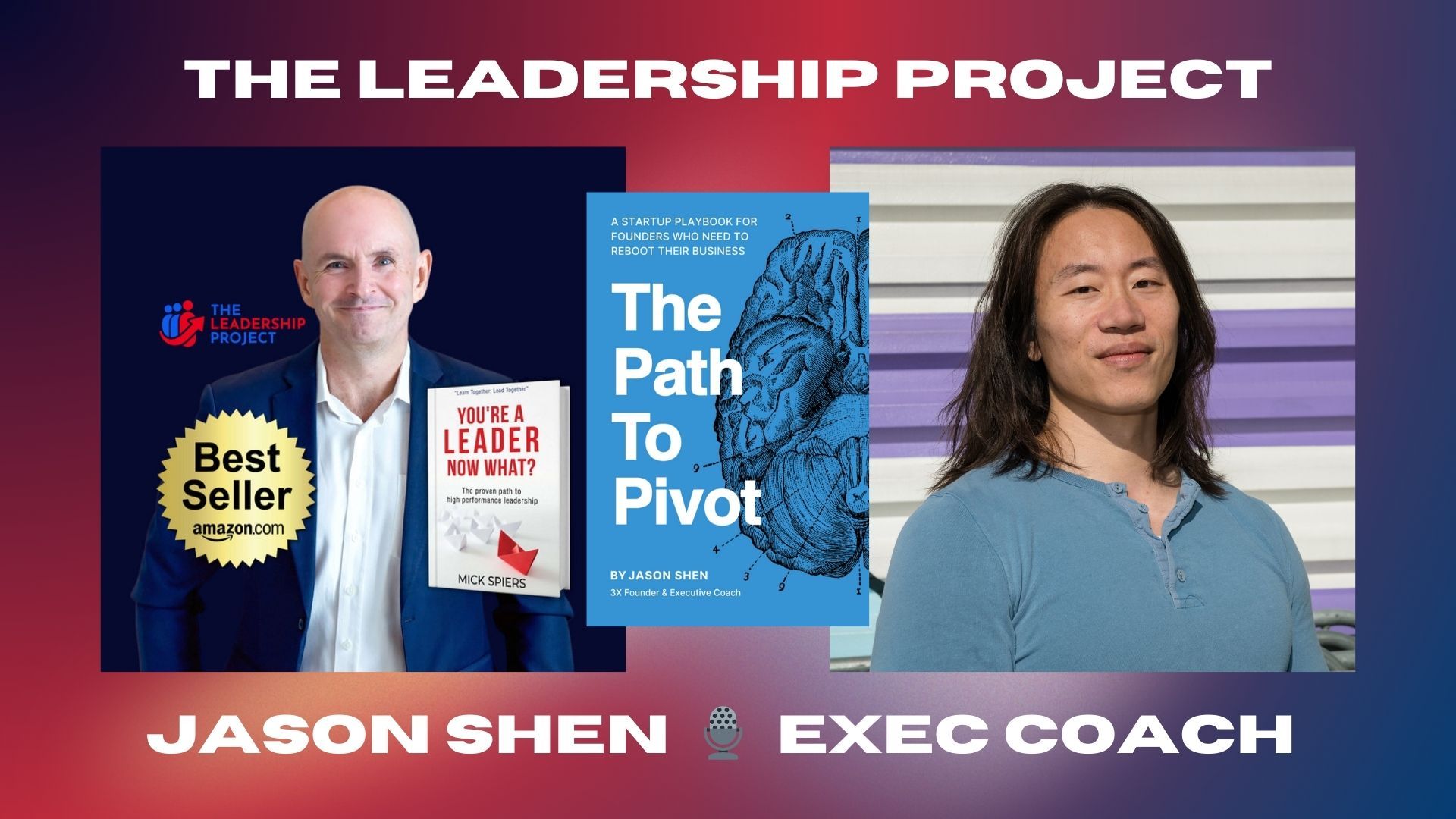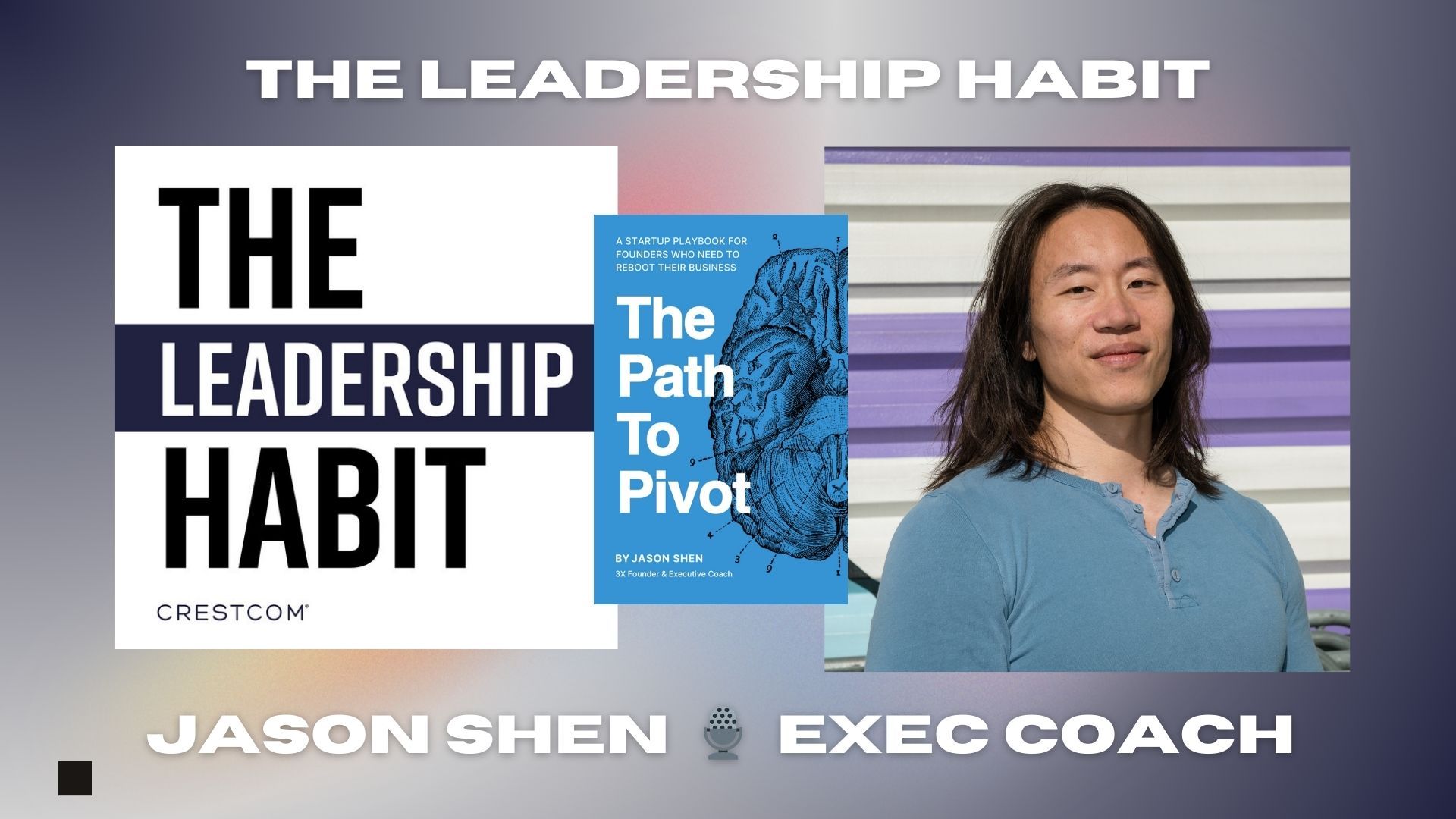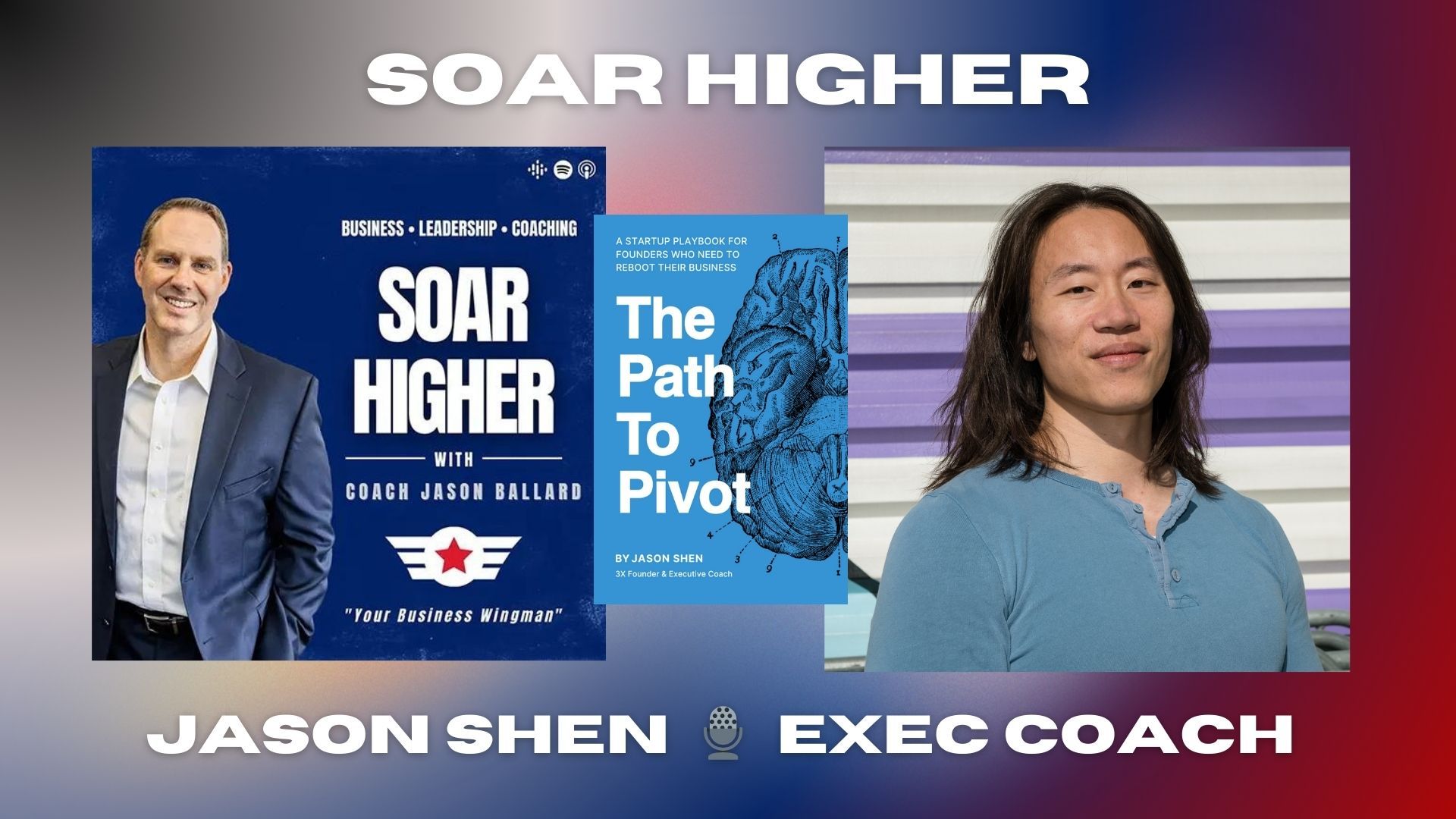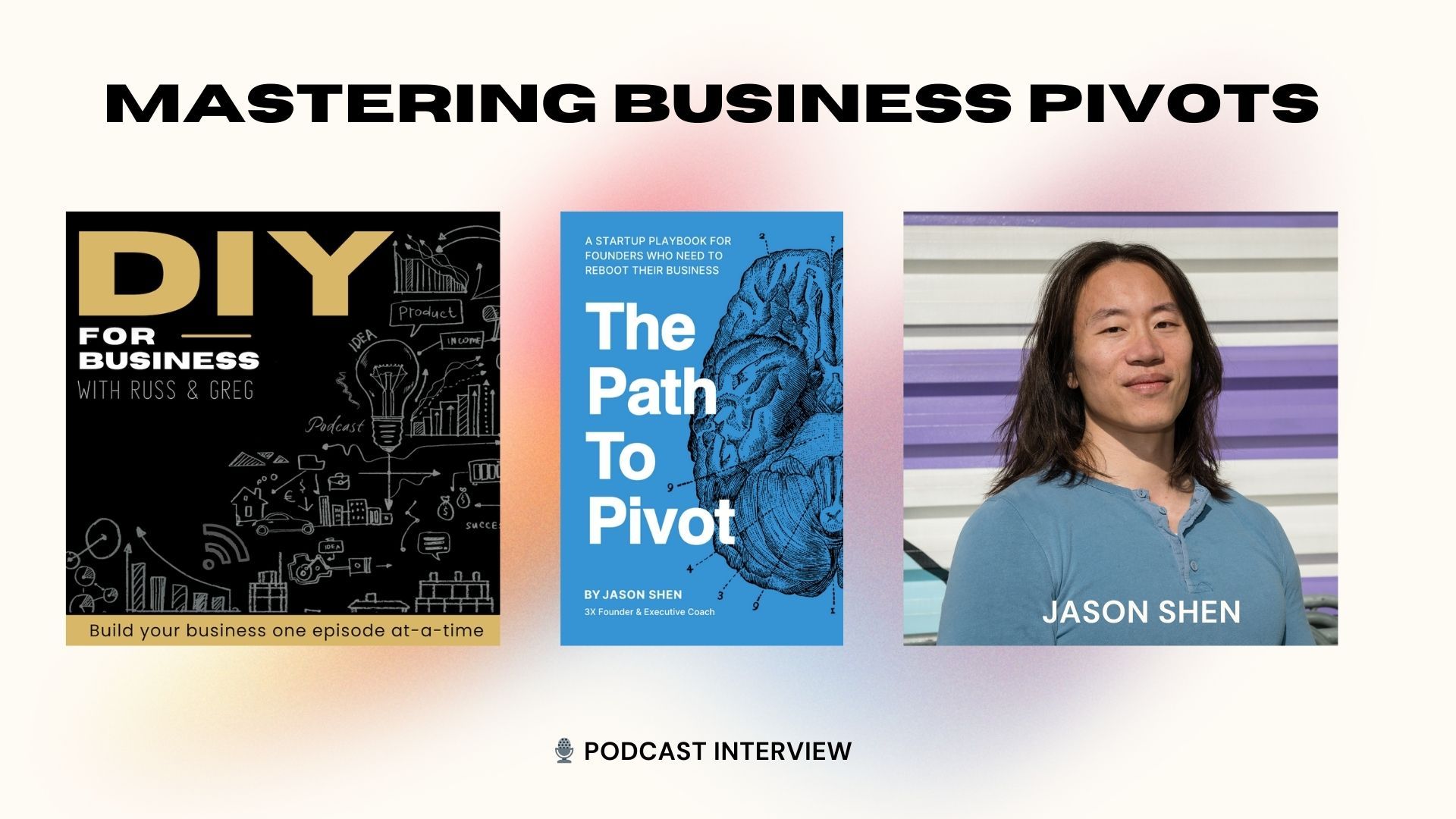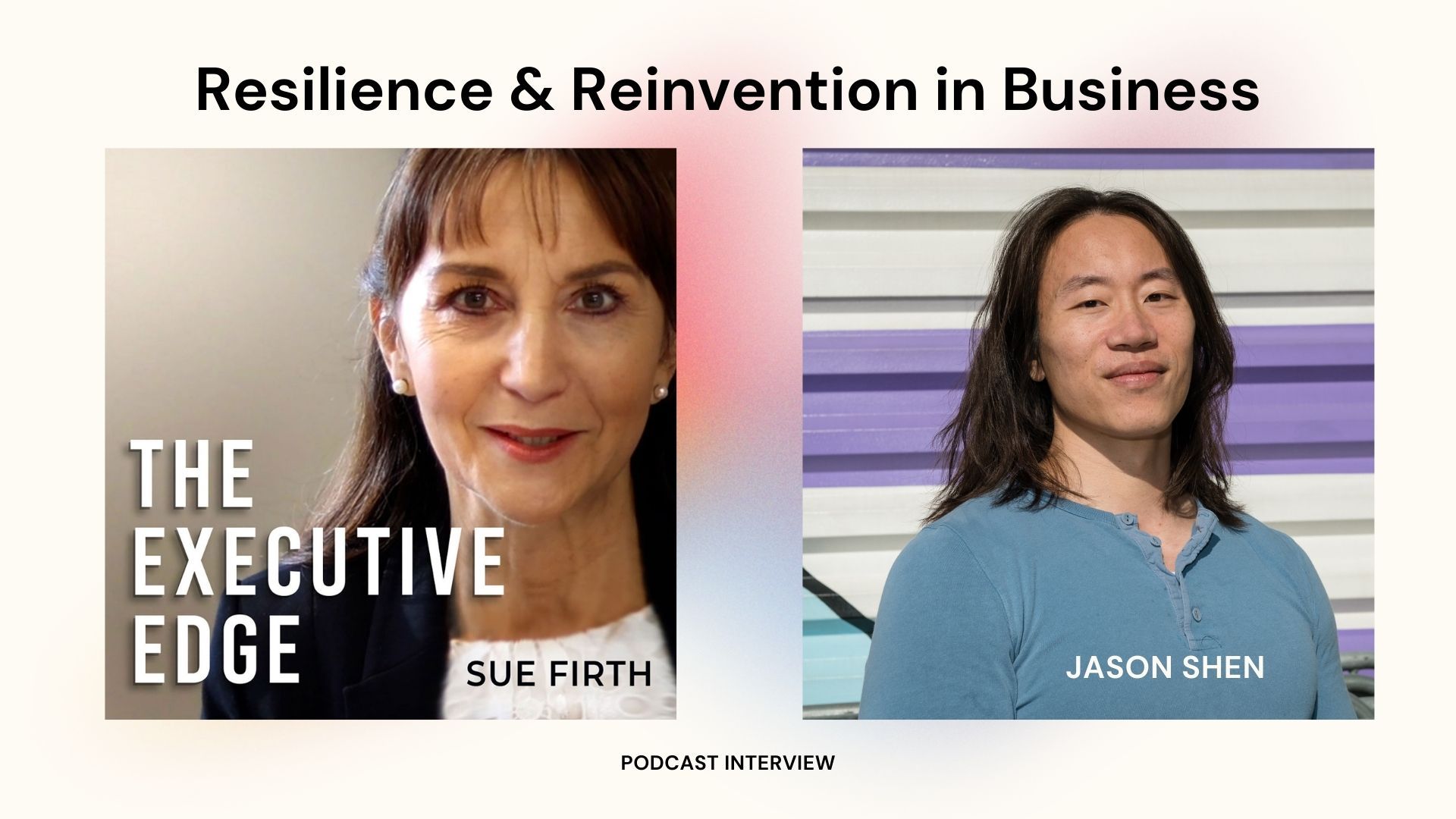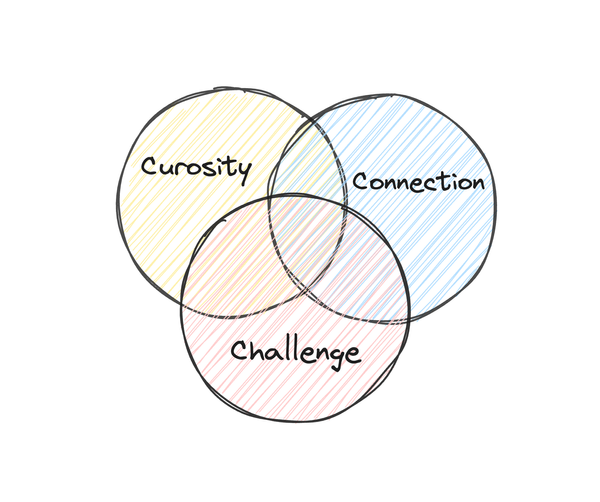I've been very consistent in my physical activity throughout my life. From gymnastics to Crossfit, to distance running, to bike commutes, boxing, 12 hour walks, fitness records and beyond.
Why? To be in shape? Sure. To be healthy? I guess. But mostly because I feel better when I do it. I enjoy going into the pain cave and finding out what's on the other side.
Right now I'm training to complete 1,000 burpees in one sitting (more on that later), something I've never done before.
Over the last 37 years, I've frequently pushed myself beyond what I thought was possible—both in terms of an individual workout, and in larger physical challenges.
Sometimes I fall short of a goal, but I never regret the attempt. Because of this, people assign a lot of discipline to me.
Discipline (or Lack Thereof)
"You must have a lot of self-discipline" is something I hear a lot.
I disagree. I hate the word discipline. I get where they are coming from, because maybe they feel like they couldn't get themselves to workout as long and hard as I do.
But I just don't relate to that word. Because as consistent as I am in physical efforts (Matter), I often struggle with mental or intellectual efforts (Mind).
My own self-conception is that I don't have a lot of discipline. Because right now there are:
- A bunch of messages from people I care about that are awaiting a reply
- Projects I've abandoned
- Books I'd like to read (and write!)
- Tech tools I want to spend time with
- Long articles I've saved to read later
I rarely finish half of what I set out to do in a given week.
That doesn't mean I don't do a lot. It just ends up being different than what I put on my task list. This was a problem when I had a startup or worked at a company because that task list was what I was supposed to be working on. And I would need to cram all those "high pri to-do's" in at the end of the day or week.
Luckily I no longer have to be accountable to a manager, a VC, or anyone other than a family member or a client (someone I choose to work with). And that works a lot better for me.
To whatever degree I've achieved in my life, it's due less to discipline than finding a way to engage in my life.
The Harshness of Discipline
The definition of discipline is not a kind one. As a verb it means:
to train (someone) to obey rules or a code of behavior, using punishment to correct disobedience
And as a noun, it's no better
the controlled behavior resulting from discipline
As I talked about last week (#179), I have a thing with rules.
I don't like them. Especially other people's rules. (I'm a little more amenable to my own). That created a lot of problems in school and in the various workplaces I've been at.
And I've been disciplined for not obeying those rules. And of course we know that not everyone gets punished for disobedience. Depending on who you are, your misdeeds might be ignored, or even celebrated.
More and more, the social sciences are revealing that punishment is less effective at correcting inappropriate behavior than we might intuitively feel. [1]
I believe guilting or yelling at yourself to do something is detrimental to our mental health. And even if it works in the short-term, in the long run you'll find this motivational tactic falls flat. And it burns you up in the process.
Don't let anyone shame you into thinking the answer is simply to "suck it up and do it". Because if that worked, we wouldn't be stuck so often.
So where does that leave us?
The 3C's: Curiosity, Connection, Challenge
If discipline (i.e. rules + punishment for disobedience) doesn't work for me and most people long term, then what might?
Well, it depends on the person. And practices like motivational interviewing (link) can help us understand those positive reinforcement mechanisms for ourselves.
I've found that these three work for me:
- Curiosity. What is underneath all this stuff? What will happen if I do this? Curiosity is why we like mysteries, why we fall down Wikipedia rabbit hole, why we stay up watching "Part 3" of some random story on TikTok. Curiosity and novelty are related. It's why new things are so interesting to me, because there are so many questions and things to learn. (And why on the flipside, why boredom is so painful)
- Connection. When we do things with people we like, or make new friends through the work we are doing, we are naturally more drawn to it. I find that when I can get myself to do something, it's because I have a relationship with that person, or I don't want to let that person down. It makes the abstract work I do more real.
- Challenge. When we are daunted by the work we are doing, when we don't know if we can do it, that can be incredibly compelling. Because for me, that sense of fear and uncertainty is also an indicator that I'll be proud of myself if I am to reach my goal. That when I look back on my life, this project is one that will have mattered.

Applying the 3C's to 1,000 Burpees
In the last decade, I've set 2 fitness Guinness World Records. But this Tuesday I'm going to attempt something even more daunting:
→ Doing 1,000 burpees (Chest to deck, clap at the top, 5 sets of 200)
→ While interviewing 10 friends about mentorship between sets
→ In order to raise $2,000 for Lunar Accel (part of my role as board member)
→ To support mentorship for the next generation of AAPI leaders
So a fundraiser. A series of mini convos. And a fitness achievement. All streamed live. What the heck?
But looking at it from the 3C's, from back to front:
1. Challenge: As a Lunar Accel board member, part of my job is to help raise money for the nonprofit. By tying my love of fitness to this more abstract but important goal, I can stay more motivated.
Why is me trying to do 1,000 burpees live (not a record btw) scarier than my Guinness World Records attempts?
Because I had already beat the record in practice. By the time I went out for the attempt, I had full confidence. Not this time. The most # of burpees I've done so far is 600 over 3 sets, just a few days ago. Like running an 20 miler before your first marathon.
2. Connection: by interviewing other people, I get them enrolled in this project. It gives me a chance to ask my friends, former colleagues to support me, to donate to the organization, and to witness this challenge. And of course, there's my relationship to Lunar Accel.
Before I left NYC for Bangkok, I got to host a brunch for the Lunar Accel leadership. Before accepting the role I had already met with the cofounders four separate times—but the more I understood the relationships between the whole team, the more I would feel engaged in the work.
3. Curiosity: I remember when they used to raise money on TV for various causes. They'd have this many hours-long telethons with various entertainment acts. And I guess in a way that inspires what I'm doing now.
What would it be like not to just do this burpee challenge, but also talk to people at the same time? Would anyone tune in? Would people donate? Would I have too much trouble interviewing people on top of trying to recover between burpee sets? Would my EA Ruwanthi be able to manage the back end side of things?
It's these questions that keep me hooked. I want to know what happens!
So in the end, I'm doing a pretty hardcore project without any rules or obeying any authority. Without discipline. What should we call this? Antidiscipline.
If antifragility is how we create strength and power through disorder, then antidiscipline is how we achieve more through disobedience.
What do you think of this theory? Anything I miss? Is there a C or two I need to add? (Creativity might make sense...)
Reply back and let me know!
—Jason

PS - If you want to tune into the livestream, you can do so on Linkedin here: https://lnkd.in/emJd6cTv
[1] Research on physical punishment of children has consistently found that it is not effective at improving child behavior or reducing negative outcomes (link). In terms of crime, research on deterrence has found that the certainty of being caught is a more powerful deterrent than the severity of punishment, and increasing the severity of punishment does little to deter crime (link)
Recent Issues



Recent Podcasts
